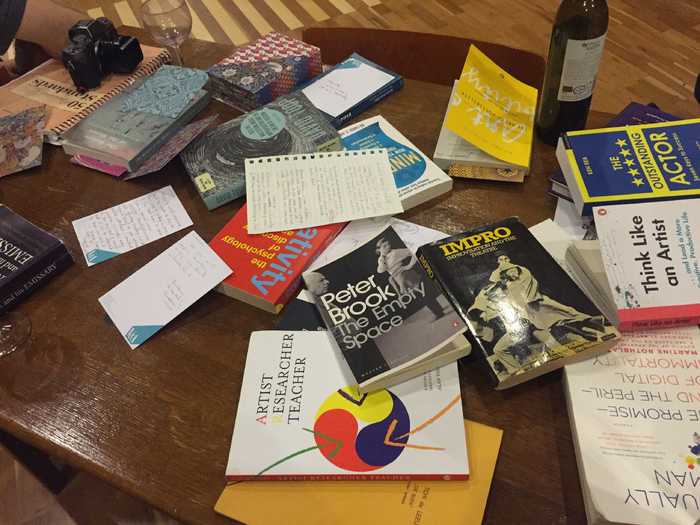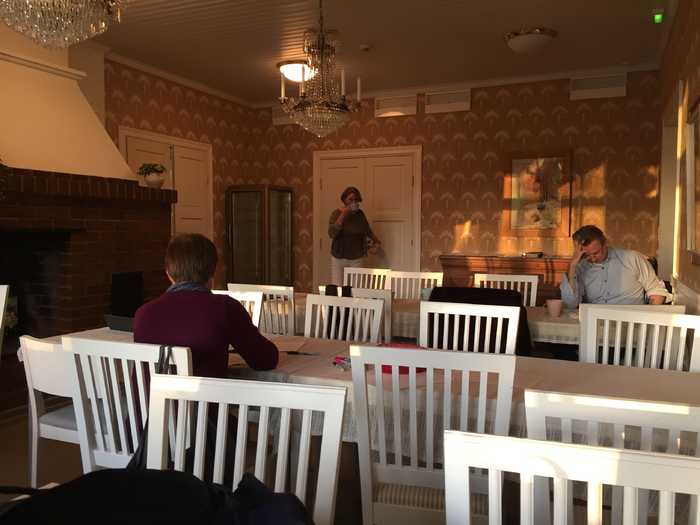Improvisation: a synopsis
Improvisation and playfulness are a core part of making music. For some people their essence is expressed in an attitude: being responsive to other artists and audiences in the moment during rehearsal or performance, finding spontaneity in expressing one’s own creativity in relation to a score. For others improvisation is an art form itself, a particular genre, be this in classical music, jazz or interdisciplinary contexts.
Whatever our individual preferences as professional artists, it is becoming increasingly clear that exploring improvisation and playfulness is fundamental to developing expertise as a musician, and to continuing to develop as a professional, to personal resilience and to responding to changing contexts and new opportunities. In this respect improvisation and playfulness operate on several levels:
- They bring us into contact with our individual artistic identities and impulses, and connect us through our physical being to the sounds we make with our instruments.
- They enable us to explore and come to know through embodied experience the fabric, gestures and structures of music of different genres and styles.
- They provide an extraordinary meeting point with other people, as colleagues and fellow artists, creating a shared space in which to listen and respond, get to know one another’s artistic expression and discover ways to connect; this can be at a musical level, and equally in terms of human interaction or across disciplines. As so much innovative artistic work gaining attention is increasingly interdisciplinary, improvisation and playfulness become a vital skill in being able to develop effective collaborations.
- They also offer a point of connection with audience participants. Improvisation can create a shared space, with possibilities for diverse people to engage, express something themselves, hear and respond to others. This aspect is perhaps particularly important within the changing landscape of professional practices and the importance of evolving new ways to connect with disadvantaged groups and those for whom music has no immediate attraction. Improvisation and playfulness can be an important driver of new practices.
This seminar will embrace all of these levels within improvisation and playfulness, and will focus on practical approaches to developing improvisation skills and playfulness and applying them in different situations. Several expert improvisers from different disciplines will take part in the seminar, and we will draw on case studies of improvisation within professional practices and in the development of emerging musicians.
The seminar is aimed at those developing improvisation skills with students through courses or through instrumental / studio teaching.
The seminar will take place in Helsinki, immediately before a related international conference hosted by the University of the Arts. This is Arts Without Borders? Perspectives on Collaboration and Interdisciplinarity in and through the Arts and will take place from October 19-22, 2016. It is hoped that a number of the ICON seminar participants will also propose presentations and workshops for this conference. Further information can be found at: http://www.uniarts.fi/arts-without-borders

